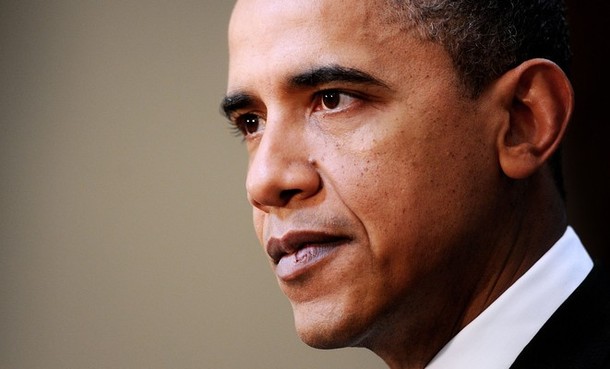
From Robert Kaplan, the Financial Times: Realism is dead, clamour the cheerleaders of the Arab spring. The collapse of dictatorships in Tunisia, Egypt, and now Libya heralds a new birth of freedom that supposedly consigns realism to the graveyard. But Barack Obama – by taking part in the Libyan operation but not leading it – has been nothing if not a realist.
Realism, as a theory of international relations, posits that tragedy is not the triumph of evil over good, but instead the triumph of one good over another that causes suffering. It was the US president’s realist views that led him to argue against taking a leadership role in Libya, to keep America’s powder dry for more important crises to come – a demonstrable good. Realism also keeps Mr Obama from owning post-Gaddafi Libya, which is destined, even in the best of circumstances, to be a weak and fragile state.
Here he is supporting democracy where he can, and stability where he must. He provides diplomatic support for protesters in Syria but will not intervene. He longs for a democratic rebellion in Iran but fears such a rebellion in Saudi Arabia. That, coupled with his impatience for troop withdrawals in Afghanistan, implies a rejection of nation-building in the Middle East, so as – in effect – to focus on something more crucial: maintaining US maritime power in Asia. Thus does realism triumph. . . .
There is also the charge that realism is cynical, and does not therefore represent western values. But realism in the service of the national interest is the most consistently humanitarian approach possible – because realism is about the avoidance of war through the maintenance of a balance of power.
The writer is a senior fellow at the Center for a New American Security and author of ‘Monsoon: The Indian Ocean and the Future of American Power’ (photo: Getty)
Image: getty%2012%2013%2010%20Barack%20Obama.jpg
